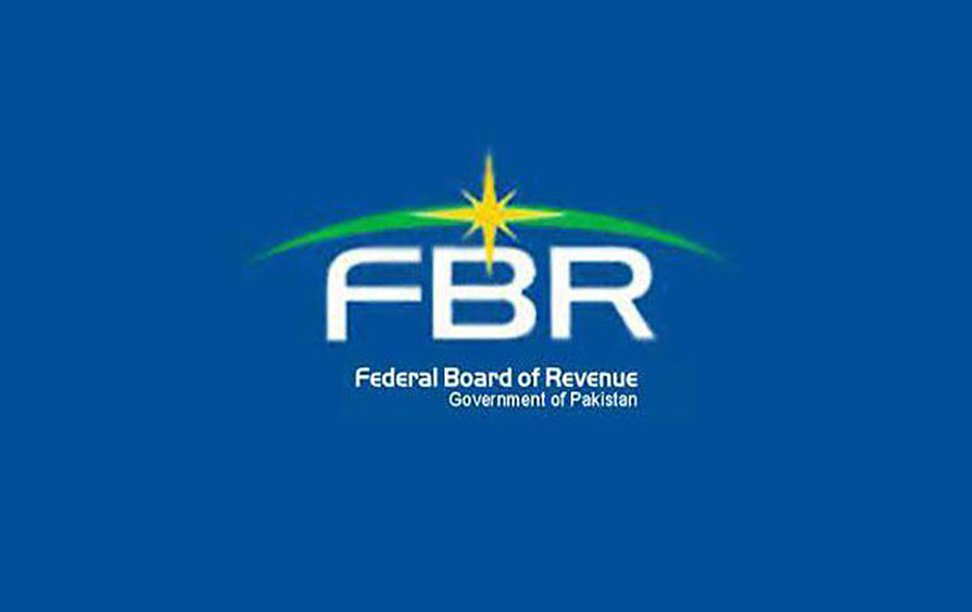Tax exemptions for exporters under the Income Tax Ordinance, 2001, will only be granted if explicitly provided within the ordinance, according to recent legal comments submitted by the Large Taxpayers Office (LTO) Karachi to the Federal Board of Revenue (FBR). These comments address the incentives offered to exporters under the Export Processing Zone Authority (EPZA) Ordinance, 1980.
The FBR received LTO Karachi’s comments to support its case in court against a taxpayer claiming exemption under the EPZA Ordinance, 1980. The legal stance taken by LTO Karachi could significantly impact exporters operating under the EPZA Ordinance.
Senior tax officials emphasized that the Income Tax Ordinance, 2001, as a special law for taxation, takes precedence over the EPZA Ordinance, 1980. This overriding effect is established in Section 3 of the Income Tax Ordinance, 2001. It is a well-established principle that when two special laws conflict, the law enacted later prevails.
LTO Karachi noted that exemptions were initially allowed under the now-repealed Income Tax Ordinance, 1979, to boost exports. These provisions were amended over time as deemed necessary by the legislature. However, agreements between EPZA and businesses cannot override legislative authority, nor can they be considered sovereign guarantees.
The recent amendments do not remove any concessions but instead incentivize exporters by treating the tax on exports as a minimum tax rather than a final tax. The EPZA Rules, 1981, were notified through subordinate legislation, but Sections 154 and 147(6C) of the Income Tax Ordinance, 2001, were enacted by the federal legislature. In cases of conflict, legislative acts take precedence over subordinate legislation.
LTO Karachi further argued that the incentives in the EPZA Ordinance, 1980, are limited to statutory competence and cannot be applied to taxation, as tax laws are specialized for taxation purposes. The concept of advance tax was introduced in Section 154 of the Original Finance Bill 2024 and properly placed by inserting Section 147(6C) through the Amended Finance Bill, both passed by the legislature.
The amendment made through the Finance Act, 2024, in Section 147(6C) of the Income Tax Ordinance, 2001, is within the legal competence of the legislature and does not infringe on any fundamental rights, as alleged by petitioners.
The EPZA Ordinance, 1980, does not empower any authority to determine tax treatment through rule formulation that restricts tax legislation. The overriding effect of the Income Tax Ordinance, 2001, is reaffirmed in Section 3, allowing tax exemptions only if provided within the ordinance.












